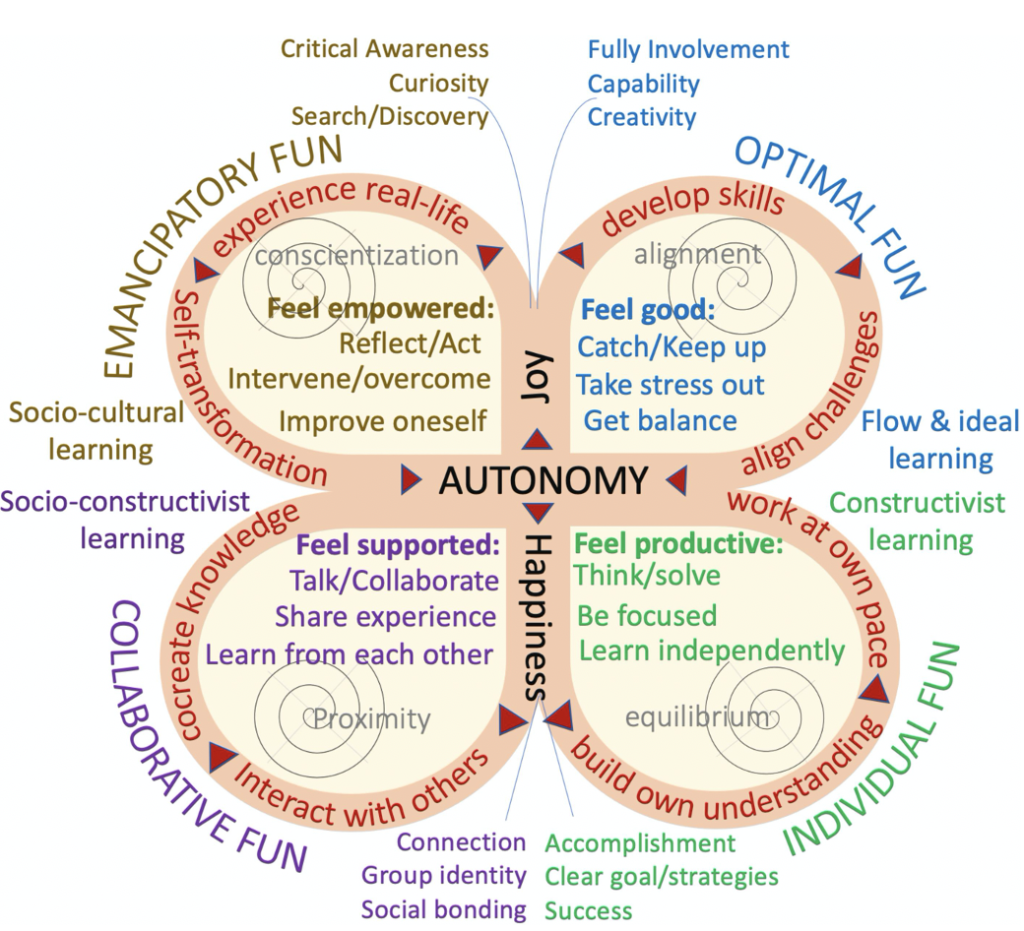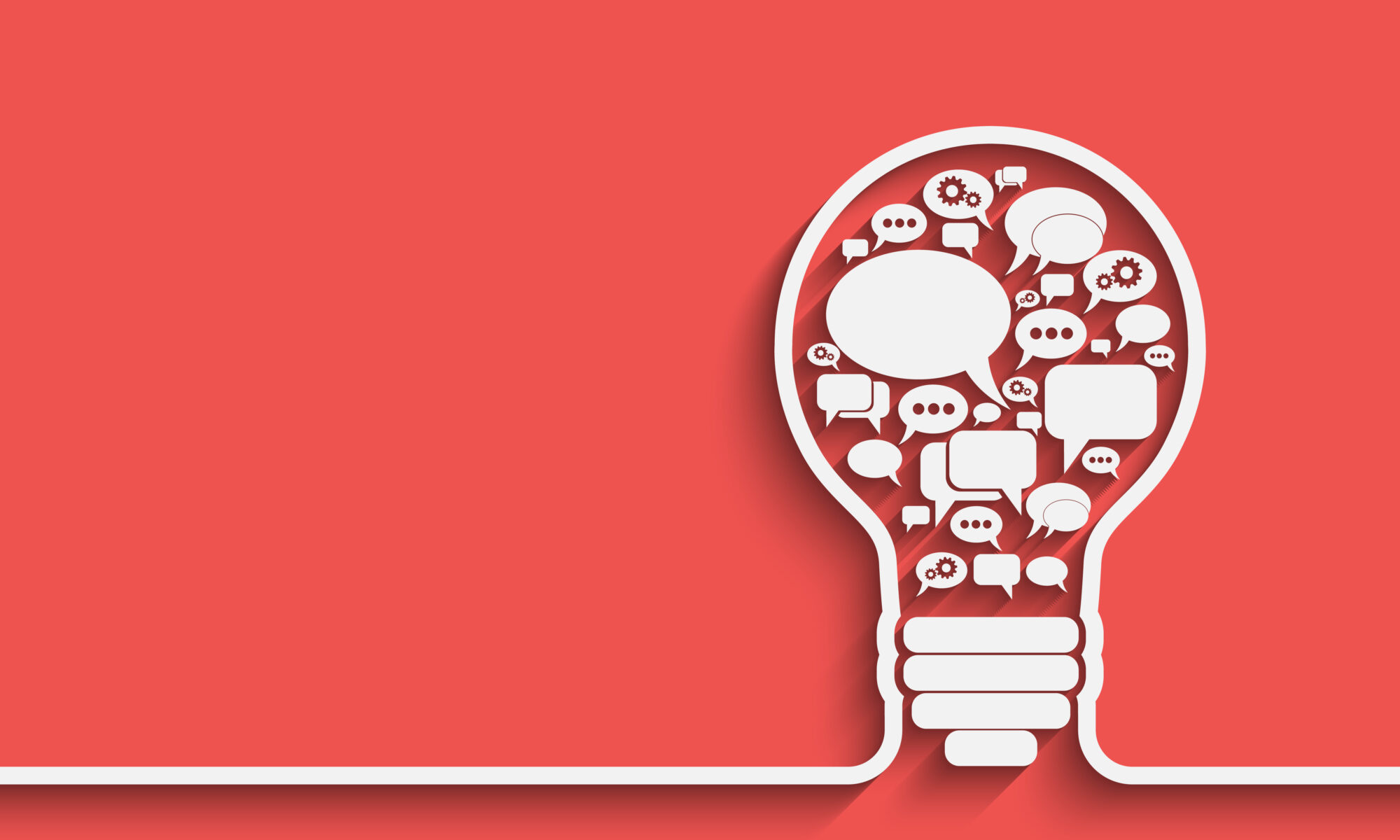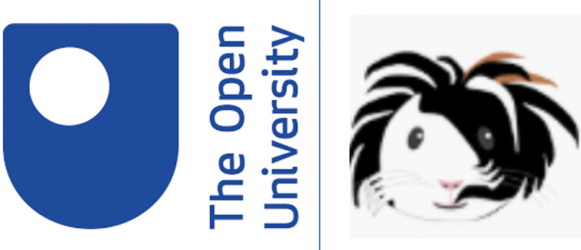Why is an enjoyable responsible dialogue between science, arts and religion relevant for students?
By Alexandra Okada
This dialogue starts with the most influential scientist of the 20th century who highlighted that ….
“All religions, arts and sciences are branches of the same tree. All these aspirations are directed toward ennobling (hu)man's life, lifting it from the sphere of mere physical existence and leading the individual toward freedom."
A tree won’t be enough. The 21st century needs fruitful forestry to lift the world toward delightful freedom that is responsibly sustainable.
This new decade 2030 is marked by the pandemic and its devastating impact on all corners of the globe. Some of the key issues highlighted by UNESCO (2021), World bank (2021) and European Commission (2021) in Education are learning disruption with increased dropout rates; large number of students with mental, physical, and emotional health problems; teachers’ workload with more stress and pressure; as well increased inequality gap among students – in particular, disadvantaged learners.
“Responsible Research and Innovation” became the key for aligning scientific and technology developments with societal needs, priorities and expectations without compromising the future of the next generations that were deeply aggravated by current adversities (Di Pietro et. al 2021).This alignment requires educate youth with knowledge, skills, attitudes and values to solve issues at local and global levels towards sustainable life for all people as well as those to come.
Education for responsible research and innovation involves equality, diversity and inclusion which are key components not only for educational communities, but also industry, civil society organisations and policy makers. Youth – future citizens, entrepreneurs, employers and employees must be prepared to understand – and be sensitive to – people’s cultures (distinctive languages, arts, social habits and religions).
Science Technology Engineering and Maths (STEM) became very relevant in national curriculum across the world dominated by technoscientific advancements. Recently it has expanded into STEAM by integrating Arts for students to learn in a way that is more creative, enjoyable, and approachable.
“Fun” in Education is vital for students to enjoy developing competences that includes hard skills (writing, reading, math, computing) and soft skills (e.g., listening and getting along with multi-cultural people). So, the awareness about socio-cultural diversity is necessary for understanding different principles, beliefs and faiths that influences one’s choices, judgements, behaviours and actions (Okada & Sheehy, 2020).
Contemporary societies are multicultural where people of many different faiths live side by side. Yet, literature is limited about pedagogical practices that articulate sciences, arts and religion for diversity and inclusion to support global citizenship education that enhance individual, societal and environmental well-being.
To support the sustainable development goal Peace, justice & strong institutions (UNESCO SDG 16) students must be educated to take action for inclusive, fair and peaceful societies.
Under the lenses of Education for Responsible Research and Innovation,
At Primary Education, pupils should be exposed to the vast diversity of religious and ethnic identities, to develop mutual respect. Enjoyable discussions about science, arts and religion for pupils to reflect about different perspectives and express their informed views respectfully will help them participate interactively and responsibly in the school, local community and also on the web.
At Secondary Education, students should experience a variety of single-multi-inter-trans- disciplinary activities. They should be involved to expand their understanding of Sciences and Humanities knowledge with joy supported by technologies and networks. And further, be prepared to reflect on the nuances of disciplinary knowledge including independence, overlaps, conflicts and limits with enthusiasm. Critical and creative inquiry thinking is vital for students to distinguish unreliable sources, fake news and research bias; and be more confident to communicate their own informed views and make evidence-based decisions. These activities become then richer and more realistic with real-life problems for students to solve with experts from education, research, industry, civil society and policy that may have different cultures and worldviews. These activities are part of the “open schooling” approach that provides precious opportunities for students to learn willing to learn more. This intrinsically motivating learning with more purposeful, innovative pedagogies “that is fun” is essential for this generation to develop competencies necessary for tertiary education and work in the 21st century.
At Higher Education, undergraduates and postgraduates should expand metacognitive knowledge, skills, and awareness. Intrinsic engagement is vital for self-regulated lifelong learners to more autonomously and effectively read/identify the world issues to intervene/produce their own research, novel technologies, methodologies, frameworks that meet societal needs. Deep fun with deep responsible research and innovation will guide them to expand the limit of knowledge in direction to a sustainable enjoyable planet.
This discussion can be explored in practical ways through two cross-continental projects: CONNECT students and scientists to solve real-world issues (http://connect-science.net) and OLAF online learning and fun (https://www.open.ac.uk/blogs/rumpus).
These projects are inspired by the Emancipatory fun in education.
Emancipatory Education is presented by the renowned Paulo Freire to empower learners to develop to their full capacities and capabilities connected to the world with social, political freedom and rights.
These capabilities include critical thinking, critical awareness, and critical action that enable learners to identify issues, barriers, and risks. They can then look for optimal alternatives to face/improve/cocreate systems, face adversities and go beyond in order to change the limits of knowledge (and systems) responsibly with purposeful joy.
The framework ‘Butterfly of fun’ (Figure 1) including four types of fun in online learning was developed underpinned by Piaget and Inhelder (1969), Vygotsky et al. (1978), Csikszentmihalyi (2020), and Freire (1967, 1984, 1996, 2009) and supported by students’ views. Optimal fun is the joy of being fully involved in learning, moving toward full capability and creativity. Individual fun is the happiness of fulfilling accomplishments, supported by clear goals and strategies. Collaborative fun is the happiness of making connections with others, creating social bonding and developing group identity. Emancipatory fun is the joy of being curious, able to search and discover whilst being critically aware (Okada and Sheehy, 2020).

This dialogue started with Einstein’s (1937) thoughts (see Koh, 2013) and now opens up for further discussion with Freire (1996).
“The more methodically rigorous I become in my search and teaching, the happier I feel and hopeful too. Joy does not only come to discovery but is part of the search process. And teaching and learning cannot take place outside of search, outside of beauty and joy.”
Citation:
Okada A. (2021). Emancipatory fun in education for sustainability: why is an enjoyable responsible dialogue between science, arts and religion relevant for students? The 6th International Multidisciplinary Scientific Conference on the Dialogue between Sciences & Arts, Religion & Education, MCDSARE- THE LIMITS OF SCIENCE AND HUMAN KNOWLEDGE, held at IFIASA, ONLINE (ROMANIA), 17-18 June 2021.
References:
European Commission JRC (2021) Coronavirus: online learning resources https://ec.europa.eu/education/resources-and-tools/coronavirus-online-learning-resources_en
Di Pietro, G., Biagi, F., Dinis Mota Da Costa, P., Karpinski, Z. and Mazza, J., The likely impact of COVID-19 on education: Reflections based on the existing literature and recent international datasets, EUR 30275 EN, Publications Office of the European Union, Luxembourg, 2020, ISBN 978-92-76-19937-3, doi:10.2760/126686, JRC121071. [https://publications.jrc.ec.europa.eu/repository/handle/JRC121071]
UNESCO (2021). Supporting learning recovery one year into COVID-19 The Global Education Coalition in action [https://unesdoc.unesco.org/ark:/48223/pf0000376061]
WORLD BANK (2021). COVID-19 (Coronavirus) Response [https://www.worldbank.org/en/topic/education/coronavirus]
Koh, D. (2013) Creativity and Innovation in Medical Education: It’s Time to Let the Trees Grow Freely URL [https://www.annals.edu.sg/pdf/42VolNo11Nov2013/V42N11p557.pdf]
Okada, A., & Sheehy, K. (2020, December). Factors and Recommendations to Support Students’ Enjoyment of Online Learning With Fun: A Mixed Method Study During COVID-19. In Frontiers in Education (Vol. 5, No. 1).

